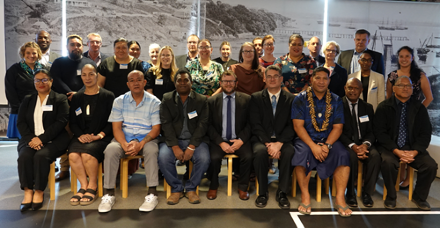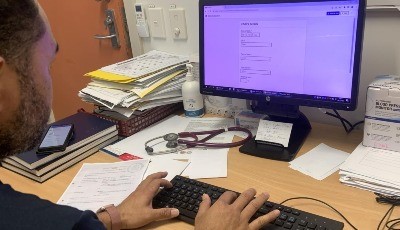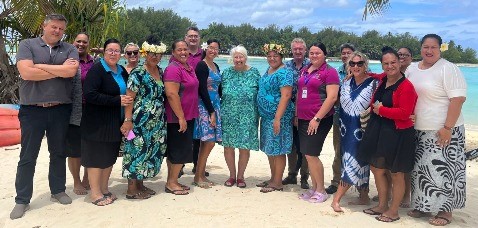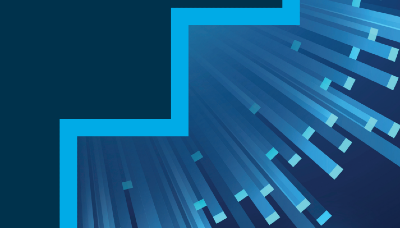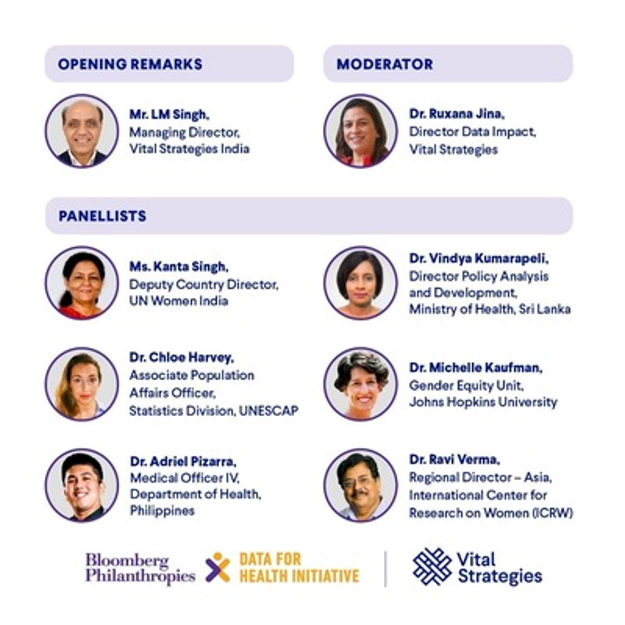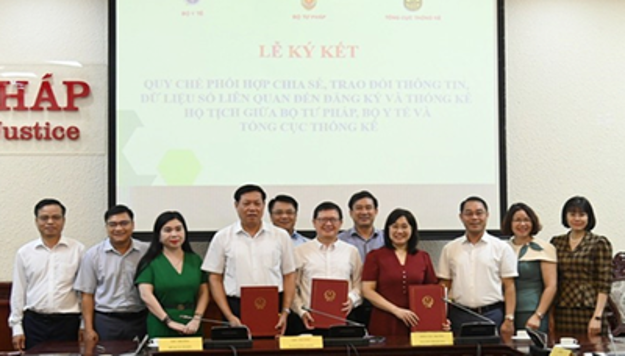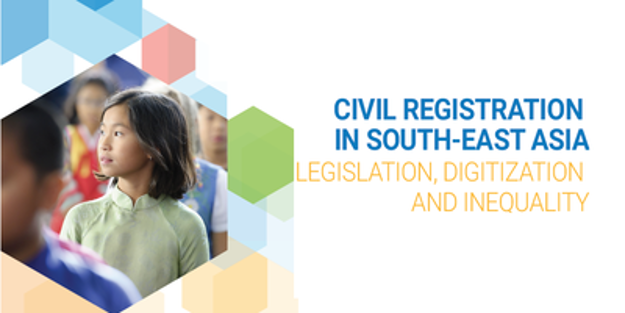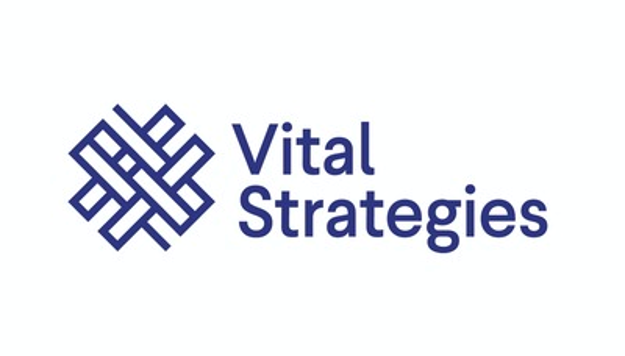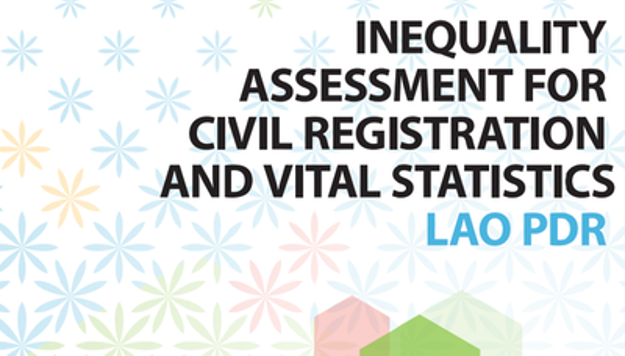The World Bank released the 2018 edition of the ID4D Global Dataset. According to the data at hand, an estimated of one billion people worldwide face challenges in proving who they are. Consequently, they struggle to access basic services and can be excluded from formal employment opportunities. The dataset further sheds light on who these one billion people living without official proof of identity are. Around 81% live in Sub-Saharan Africa and South Asia, 63% live in lower-middle income economies, 28% live in low-income economies. In the later, a large gender gap characterizes the unregistered population – over 45% of women lack official proof of identity compared to 30% of men. More detailed information on the global identification challenge can be found on the ID4D website, where the 2018 ID4D Global Dataset is also available for download.
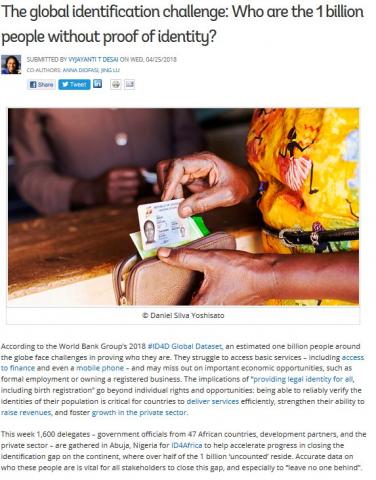
More News
In October, eight national Registrars or Registrars-General of Births, Deaths, and Marriages from…
Niue introduced a new digital CRVS on November 9, 2023, becoming the first country globally to…
Last month, the Pacific Civil Registrar Network (PCRN), supported by Vital Strategies, hosted a…
On November 14, the UN Expert Group on National Quality Assurance Frameworks (EG-NQAF) and its…
(Newsletter October 2023) Join the discussion on Advancing Equity: Improving Population Health…
(Newsletter October 2023) In a significant step toward enhancing the quality of data and…
(Newsletter October 2023) The Citizenship Affected People Network (CAPN) is a civil society…
(Newsletter October 2023) ESCAP recently published a compendium focusing on CRVS systems in South-…
(Newsletter October 2023) Last August, Cambodia established a Technical Working Group comprising…
(Newsletter October 2023) On October 19, Lao PDR celebrated the launch of their first CRVS…


